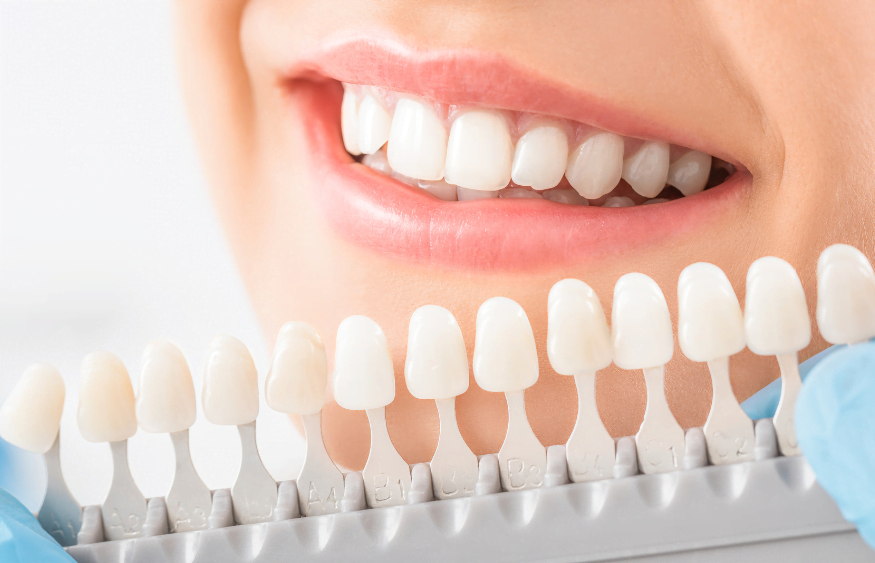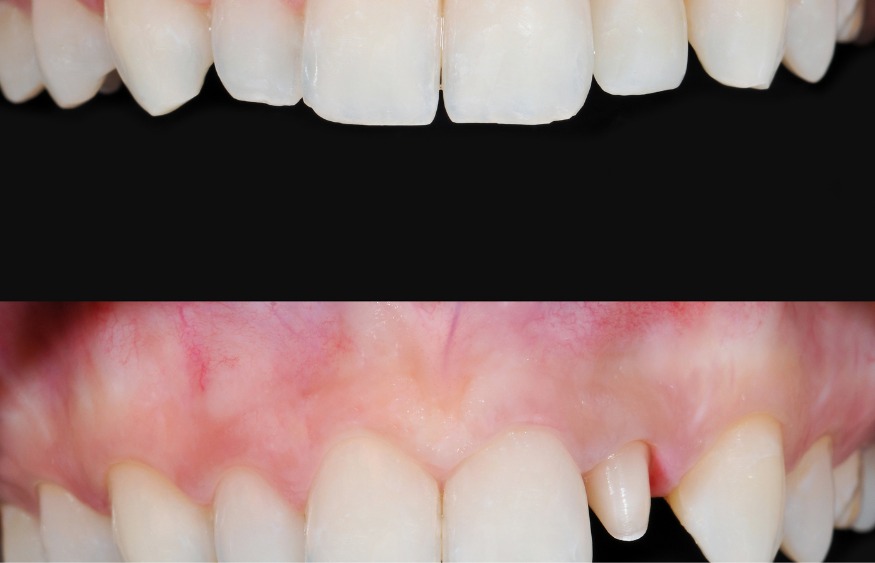
Restoring damaged or weakened teeth becomes effortless with the help of a dental crown. These custom-made caps not only strengthen your teeth but also enhance their appearance and functionality. Whether you're exploring options for treatment or preparing for the procedure, understanding the steps involved can help ease your concerns. At crown dental clinics, advanced techniques ensure a seamless experience tailored to your needs. Let’s break down the process, explore the dental crown cost, and discuss post-care tips.
A dental crown is a protective cap designed to restore the shape, size, strength, and appearance of a damaged or decayed tooth. Commonly made from porcelain, ceramic, or metal, crowns are chosen based on your aesthetic preferences and the location of the tooth being treated. They are essential for restoring functionality and improving oral health.
Your dentist may recommend a dental crown procedure in the following situations:
To protect a weakened tooth from breaking or cracking.
To restore a tooth that is severely worn down.
To support a tooth with a large filling when insufficient tooth structure remains.
To secure a dental bridge in place.
To improve the appearance of a misshapen or discolored tooth.
The process of getting a dental crown involves multiple stages, usually over two visits:
1. Initial Consultation and Assessment: During the first visit to a crown dental clinic, your dentist examines the affected tooth using X-rays to assess its health. They discuss the crown material options, suitability, and an estimate of the dental crown cost based on your preferences. If required, additional treatments like root canals are scheduled before crown placement.
2. Tooth Preparation: The tooth is numbed with local anesthesia for a comfortable experience. The dentist reshapes the tooth by removing a small amount of enamel to create space for the crown. Impressions or digital scans of the tooth are taken to ensure a precise fit, which is sent to a dental lab for fabrication. A temporary crown is placed to protect the tooth while the permanent crown is being made.
3. Crown Fabrication: The dental lab fabricates the crown using advanced technology, ensuring it matches your natural teeth in size, shape, and color. This process typically takes 1-2 weeks.
4. Placement of the Permanent Crown: At the second visit, the dentist removes the temporary crown, cleans the tooth, and checks the fit and color of the permanent crown. The crown is cemented in place using a strong adhesive, and adjustments are made to ensure a natural and comfortable bite.
The dental crown cost can vary depending on several factors The type of material used, such as porcelain, ceramic, or metal. The complexity of the procedure and additional treatments, such as a root canal. The location and reputation of the dental clinic. Consulting with a crown dental care provider ensures you get a detailed cost estimate tailored to your needs.

Taking care of your dental crown is essential for maintaining its durability and functionality. Follow these tips:
Practice Good Oral Hygiene: Brush your teeth twice a day and floss around the crown to prevent plaque buildup.
Avoid Chewing Hard Objects: Steer clear of ice, hard candies, and nuts to prevent cracks or damage to the crown.
Schedule Regular Dental Check-Ups: Visit your dentist for routine examinations and professional cleaning to keep your crown and teeth in top condition.
Wear a Night Guard if Necessary: If you grind your teeth at night, using a night guard can protect your crown from wear and tear.
Choosing a dental crown procedure offers several advantages It restores the strength and functionality of a damaged tooth. The crown seamlessly blends with your natural teeth, improving aesthetics. It prevents further decay or damage to the treated tooth. With proper care, crowns can last for many years, providing a reliable solution for your dental concerns.
A dental crown procedure is a highly effective treatment for restoring damaged teeth, improving their appearance, and ensuring long-term oral health. Understanding the process and following proper aftercare can help you make the most of your crown.
For Crown Dental Clinics, we specialize in providing high-quality crowns customized for your needs. With our preferred locations we make dental care accessible and affordable. Book an appointment today and take the first step toward restoring your confident smile!